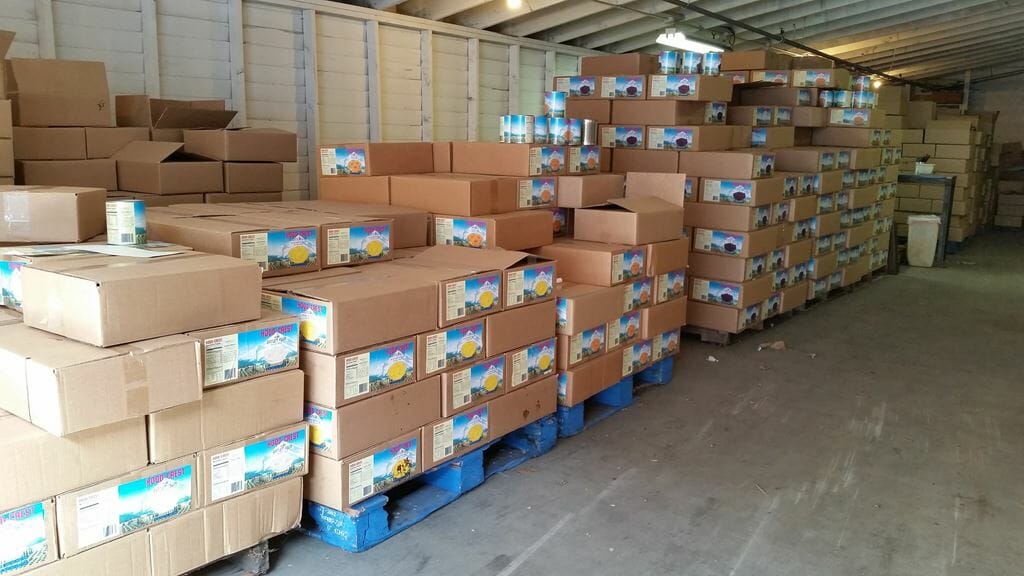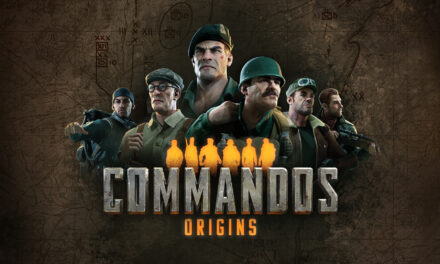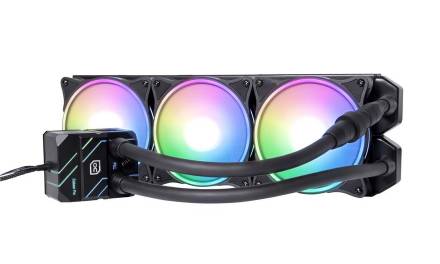
Retail vs. Wholesale: Understanding the Differences

As a small business owner, you have to deal with the concepts of retail and wholesale, whether you’re on the buying or the selling side. In either case, you have to choose between the two in a way that benefits your business. Understanding the benefits and disadvantages of retail and wholesale will allow you to make profitable decisions.
What Is Retail? What Is Wholesale? A Guide for Small Business Owners
If you understand the concept of B2C (business to consumer) and B2B (business to business), you intuitively know how to differentiate between retail and wholesale. Retail is the act of selling goods to the end-consumer.
What is wholesale, on the other hand? Wholesale is the sale of goods from one business to another.
Small business owners most likely experience both daily. For example, a pizza restaurant sells food to its customers in a retail capacity. At the same time, it purchases flour, cheese, and other supplies wholesale from producers and other businesses.
What Are the Key Differences Between Retail and Wholesale?
Beyond who the end recipient of the goods is, there are key differences that will cause you to prefer one over the other.
Type of Business
Retailers are usually brick-and-mortar stores, department stores and online businesses. Businesses that sell wholesale are characterized by large warehouses while many are producers of the goods themselves. Wholesalers can also have an online presence that may be open to business clients exclusively.
Price of Goods
Goods purchased at wholesale are cheaper than those you buy retail. Economies of scale dictate that larger quantities are offered at lower prices.
Can you find the same product cheaper at retail than through wholesale?
It’s certainly possible for those that shop around. A retailer going out of business or driven to sell their goods at a massive discount might offer the item at a lower price than wholesale. However, in general, wholesale is cheaper than retail.
Level of Competition
Competition tends to be steeper between retailers. This stems from the fact that retail businesses outnumber wholesalers.
Furthermore, many retailers buy goods from the same wholesale provider. This means that the public has many options to choose from whereas the product source remains the same.
Marketing Costs
It makes sense that the more competition you have, the more money you need to spend to sell your products. Since retail businesses have to compete more intensely to make sales, they need to set aside a greater portion of their budgets for marketing.
Sales Cycle
In general, all wholesalers have to do is close deals with retailers. These contracts are usually long-term, often lasting months or even years. On the flip side, retailers have to create engagement with their audience so as to get repeat customers.
The fact that wholesalers have large stock can become a disadvantage if their products become undesirable for consumers. Retailers, on the other hand, can easily get rid of their smaller stock and replace the item with a new option.
Maximize Your ROI With Wholesale
For small businesses, knocking a few cents off per-product cost can yield benefits long-term. Start by finding a reliable wholesaler that fits your needs. Build a solid relationship with them and be sure to negotiate the best deal for your bottom line. Check out Lightspeed to learn more about diversifying your sales.
























